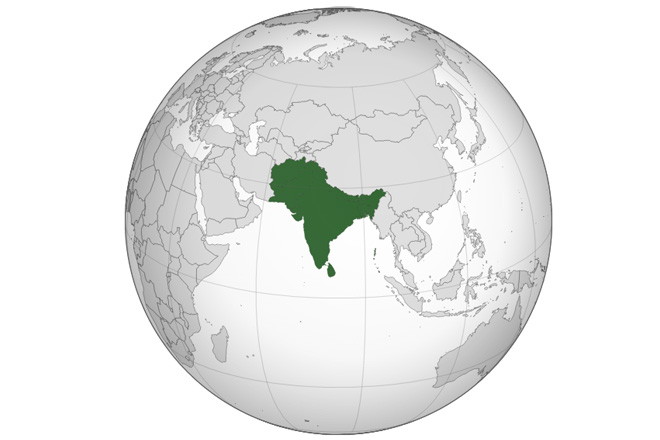Politics kills South Asian economic integration: Economist

Sept 20, 2017 (LBO) - Placing political interests above economic interests has stymied the progress of multilateral regional cooperation in South Asia, an economist said.
"Contrastingly, East Asian nations have placed the economic interests, self and the region, ahead of their domestic politics," Dr Shiro Armstrong said at a round-table discussion hosted by the Lakshman Kadirgamar Institute of International Relations and Strategic Studies (LKI), Tuesday.
"This has led to sustained productive regional cooperation where every nation has benefited."
Dr. Armstrong is an economist and Fellow at the Crawford School of Public Policy and is a research associate at the Center on Japanese Economy and Business at the Columbia Business School.
As evident by the collapse of SAARC summit of 2016, Indo-Pak rivalry is predominantly among the factors that has stalled the regional cooperation in South Asia.
In a snub to Pakistan, Prime Minister Narendra Modi decided not to attend the SAARC summit in Islamabad in November 2016 leading to the collapse of the summit with three more countries of the eight-member grouping deciding to pull out.
Making further reference to East Asian experience of economic integration, Dr Armstrong said that collective leadership, commitment by political leadership and openness in cooperation have contributed significantly to improve the regional economy.
Promoting cross border e-commerce and further liberalization of trade would help to preserve and nurture the rule-based regional economic system, he said.
Experts observe that unless the contentious Indo-Pak relationship is improved, the prospects of economic integration in the region is rather dim.
It has also been said that Sri Lanka should leverage its soft power in the region, arising out of the goodwill and the cultural relations it enjoys with practically every nation in the region, to play a driving role in The Bay of Bengal Initiative for Multi-Sectoral Technical and Economic Cooperation (BIMSTEC) which could have the potential to promote closer integration of South Asia and East Asia.
